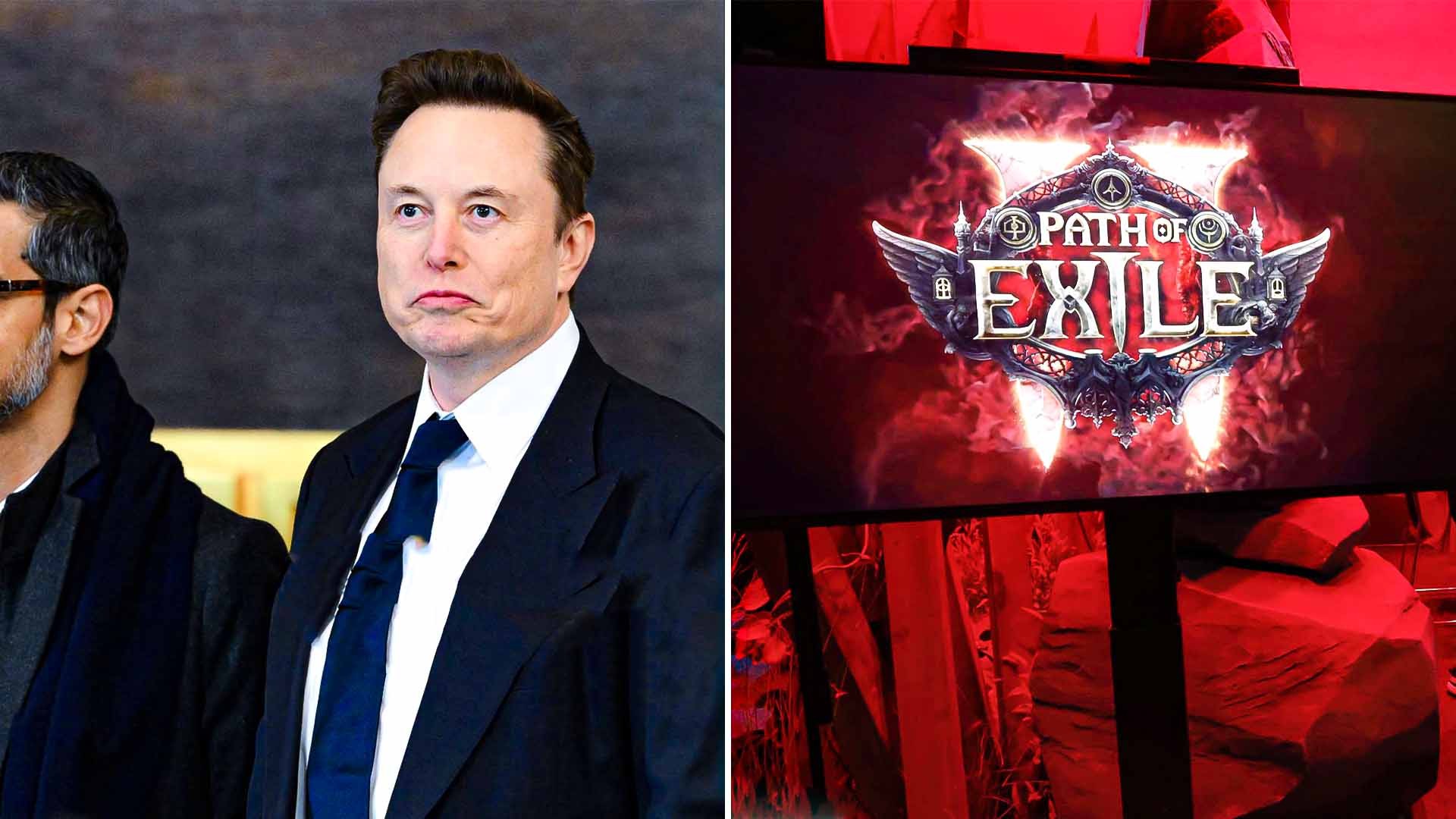Elon Musk, the billionaire CEO of Tesla and SpaceX, is no stranger to making headlines. His ventures range from revolutionizing electric vehicles and space exploration to purchasing Twitter and delving into artificial intelligence.
Recently, Musk made waves in the gaming world, though not for the reasons you might expect. The tech mogul found himself embroiled in a controversy involving video games—specifically, the accusation that he had been paying people to play video games on his behalf.
This drama began after Musk’s gaming sessions were live-streamed for public viewing, particularly in the highly popular game Path of Exile 2. During these streams, viewers noticed a peculiar phenomenon: while Musk’s in-game character appeared to possess high-level gear and progress, his gameplay seemed oddly lacking in skill.
He was unfamiliar with basic game mechanics, raising suspicions that someone else might have been playing for him. This led to allegations of “boosting,” a term in the gaming community referring to the practice of paying someone to advance in a game on your behalf.
Boosting has long been controversial in the gaming world, as it undermines the integrity of competitive play and challenges the very concept of skill-based progression.
Players who engage in this practice gain access to high-level ranks and items without earning them through genuine gameplay. In some circles, it’s seen as a form of cheating, while others view it as simply a shortcut for those who don’t have time to dedicate to mastering a game.
After the live stream sparked these accusations, Musk took to social media to address the rumors. In an unexpected turn of events, he admitted that, yes, he had indeed received help in reaching the top levels in video games.
Musk, known for his often unconventional and blunt manner of communication, seemed to shrug off the controversy, stating that he had paid people to advance his progress in games, admitting that he lacked the time and patience to grind through every level himself.
The revelation was met with mixed reactions. Some fans and critics of Musk were shocked by his admission, as it appeared to contradict the public persona of the self-made, hard-working entrepreneur.
Many who admire Musk for his achievements in business and technology viewed this as a form of dishonesty, as it suggested that the billionaire was more interested in quick results than in the effort required to earn them.
Others saw the irony in a man who claims to be at the forefront of innovation admitting that he couldn’t be bothered to put in the effort in a video game, a domain that many see as a hobby and not a serious pursuit.
However, there were others who defended Musk’s actions. They pointed out that he is an extremely busy individual with responsibilities that stretch across multiple companies and industries.
Musk himself mentioned that between running SpaceX, Tesla, and his other ventures, he simply didn’t have the time to dedicate to gaming in the way that many players do. For some, his admission wasn’t so much an issue of ethics as it was a reflection of his prioritization of his time.
Musk’s fans, who are often quick to defend his actions, argued that he should be allowed to enjoy video games in whatever manner suits him, even if it involves outsourcing some of the work.
Despite the divided opinions, this incident shines a light on a broader trend in the gaming community: the growing commercialization of gaming. With professional gamers, streamers, and influencers dominating the scene, many fans and observers have begun to question what “real” gaming is.
For Musk, it may simply be a matter of enjoying a game without having to invest hundreds of hours to master it. However, for others, this admission highlights a tension between casual and competitive players, with some fearing that it might cheapen the spirit of gaming.
As this story continues to unfold, it serves as a reminder of the blurred lines between gaming as a form of entertainment and as a serious, competitive endeavor. Musk’s unfiltered admission also underscores a larger issue: in a world where time is often more valuable than money, many are looking for shortcuts, even in the most unexpected places.
Whether this will impact Musk’s standing in the gaming community remains to be seen, but it’s clear that his admission has sparked a wider conversation about authenticity, effort, and the ever-evolving relationship between technology, gaming, and fame.
In the end, it’s a reflection of the times we live in—where the pursuit of success, whether in business or video games, often involves leveraging all available resources, even if that means outsourcing the work.
